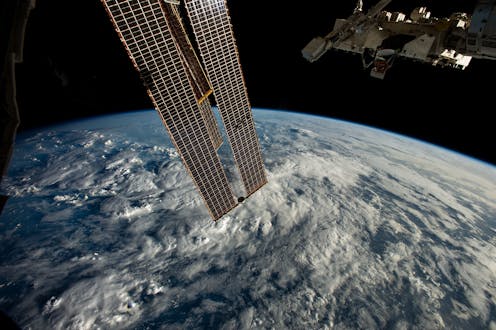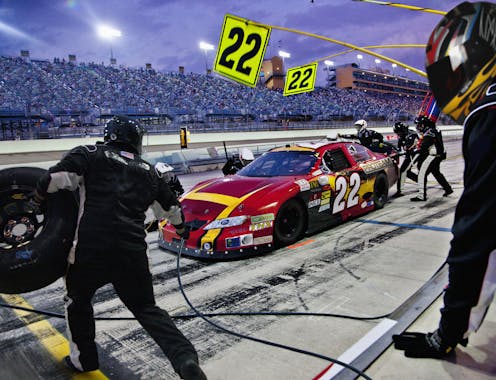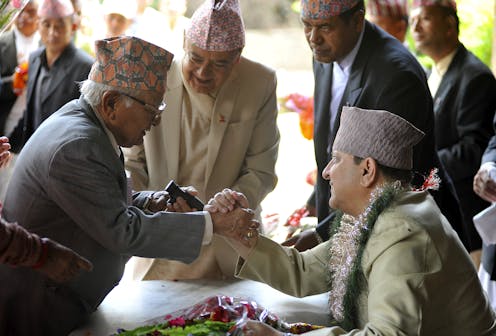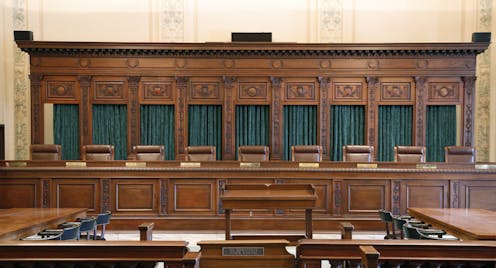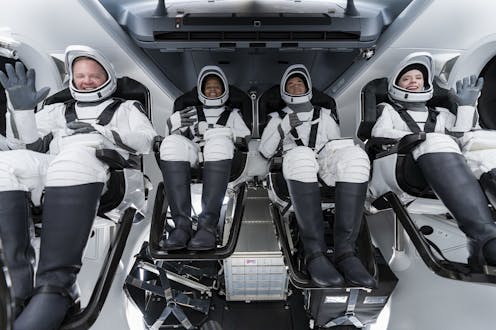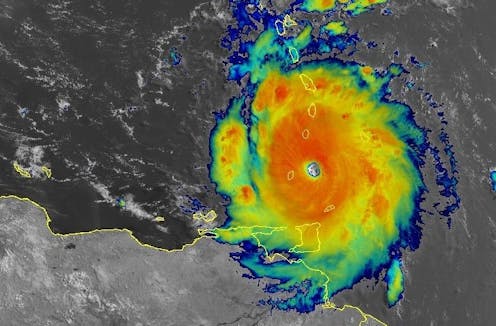Britain’s new prime minister has a chance to reset ties with the White House – but a range of thorny issues and the US election make it more tricky
- Written by Garret Martin, Senior Professorial Lecturer, Co-Director Transatlantic Policy Center, American University School of International Service
 Sir Keir Starmer will follow up election win with trip to Washington D.C.eff Moore/PA Images via Getty Images
Sir Keir Starmer will follow up election win with trip to Washington D.C.eff Moore/PA Images via Getty ImagesThe new U.K. prime minister, Sir Keir Starmer, will have just a couple of days to settle into the job before facing his first test on the global stage.
Having presided over a landslide victory for his party on July 4, 2024, Starmer will head...




